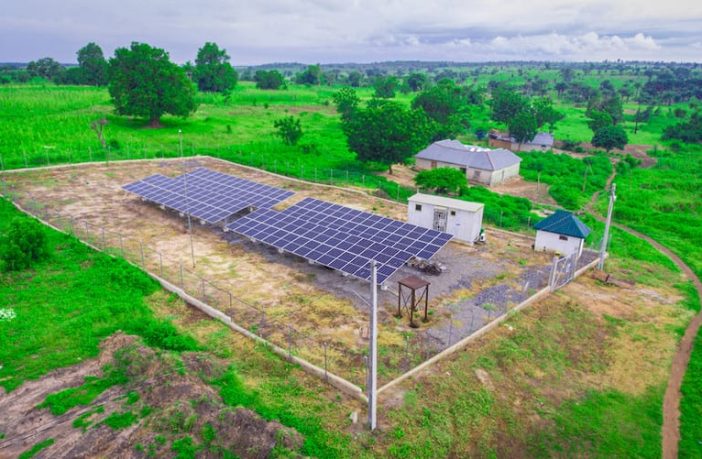- In a Memorandum of Understanding (MoU) signed today, the Rural Electrification Agency (REA) of Nigeria and Husk Power Systems (“Husk”) agreed on a strategic partnership to deploy up to 250MW of decentralised renewable energy (DRE) projects in support of the Federal Government’s energy access, energy transition and energy security targets.
The partnership will focus on a range of rural and peri-urban DRE projects, including power generation and distribution – both inter-connected minigrids (IMGs) and isolated minigrids – rooftop C&I solar, productive use of energy (PUE) and appliance sales and financing.
The projects will support the roll-out of the $750 million Distributed Access through Renewable Energy Scale-up (DARES) project, which is funded by the World Bank and administered by REA. DARES is expected to launch later in 2024.
Aside from building new clean energy infrastructure to electrify unserved and under-served communities, the agreement also outlines collaboration on innovative new models such as Virtual Power Plants (VPPs) and value-added community services such as e-mobility, agricultural processing and cold storage, and clean cooking. REA and Husk will also work together to enable the mass adoption of energy efficient appliances and PUE devices through sales, distribution and credit financing.
Husk has been present in Nigeria since 2020, and has successfully delivered reliable, clean electricity to households, micro, small and medium-sized enterprises (MSMEs) and factories, health clinics, schools, markets and public institutions. As part of its Africa Sunshot initiative announced in 2023, Husk has set a target of having 1,000 minigrids in Nigeria, and another 1,500 in other parts of Sub-Saharan Africa.
Author: Bryan Groenendaal















